‘The Taliban don’t know how to govern’: the Afghan women shaping global policy from exile | Afghanistan
IIt has been described as Afghanistan’s brain drain after the return of the Taliban last year sparked an exodus of politicians, academics and journalists who fled in anticipation of reprisals and censorship under the militant group’s draconian regime.
For a small group of Afghan women, however, the work of running the country has not stopped even in exile.
Fawzia Koofi is a former member of the Afghan Parliament and was its First Deputy Speaker. Although the 47-year-old has moved several times since leaving the country in August last year, she has always spoken to her former colleagues and contacts in international governance to find solutions to the political and humanitarian crisis in Afghanistan.
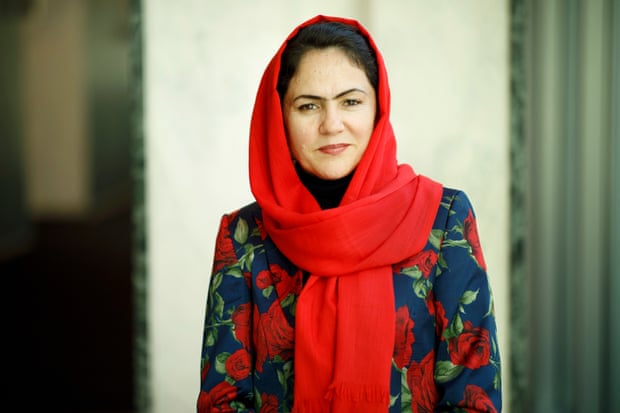
“She [the Taliban] don’t know how to govern and they don’t respect Afghanistan’s social mosaic, which makes them more fragile but also hurts Afghans,” says Koofi, who has been working with United Nations member states in Europe and the US for the past year. “I don’t think they will last very long, but I am concerned about the damage they are causing to Afghanistan’s social and political fabric.”
The work of Koofi and other Afghan women has helped bridge the gap between the Taliban, operating under heavy sanctions and plagued domestically by an economic crisis and the enforcement of gender apartheid, and the international community.
“We call them the ‘Group of Six,'” says Sarah Douglas of UN Women, referring to a core group of Afghan women who have been instrumental in guiding international policy towards their country over the past year. The group also includes Asila Wardak, a former diplomat and one of the founders of the Afghan Women’s Network; Sofia Ramyar, the former executive director of the youth-led organization Afghans for Progressive Thinking; and journalist Anisa Shaheed.
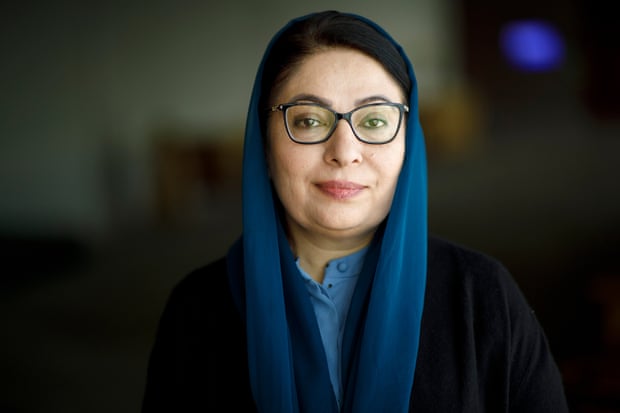
As an example, Douglas cites: “There have been negotiations to extend the mandate of the UN Assistance Mission in Afghanistan (Unama) – and concerns that the mandate on gender equality and human rights issues would fall back and that this would fall into the budget. But the mandate stayed intact and the core member states actually reached out to me and said that the advocacy of these women really made a difference in these negotiations.”
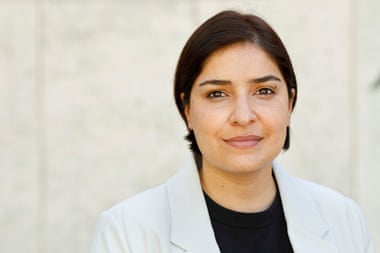
Mariken Bruusgaard Harbitz, Member of Norway’s Permanent Mission to the United Nations, says: “Norway has initiated closed-door dialogues for these women to present their priorities to key Member States at a critical time. During the process of renewing Unama’s mandate, these women came with clear expectations of the wording of the mandate, which in turn contributed to a strong monitoring and reporting mechanism for Unama on the ground.”
Mariam Safi, director of the Afghan Organization for Political Research and Development Studies, hasn’t let the chaos and shock of the past year stop her from continuing her work from Canada, collecting vital data from Afghanistan, especially from women. After a brief hiatus, Safi improvised and resumed her work a few months ago via a digital platform, with researchers across Canada and Afghanistan working from home.
One of their key projects, called Bishnaw, which means “to listen” in Dari, continues to conduct surveys of women across Afghanistan. “There is a story [in the media] At the moment, this means that the Afghans are mainly affected by the humanitarian crisis,” says Safi. “But our data from women in nine provinces shows that immediately afterward, women are most concerned about women’s rights and the closure of girls’ schools.”
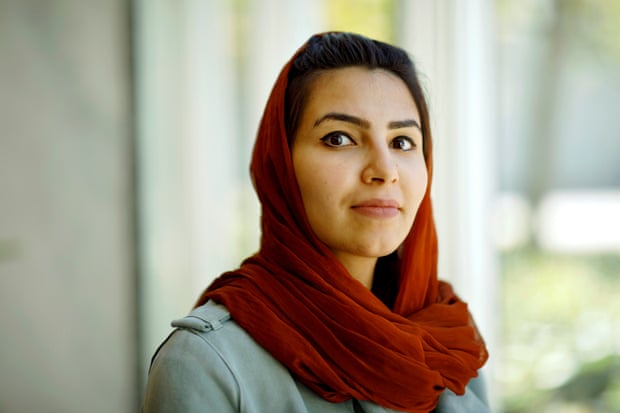
Bishnaw’s surveys also revealed a pattern of women being excluded from receiving international aid. “Of approximately 295 women, 163 told us that no women in their household had access to help, contrary to Taliban claims that female-headed households received help. Only about five out of 532 women surveyed said all women have access at all.”
“Such data can actually be supplied [the international community] with much more clout in their talks with the Taliban,” she says. “At every meeting they always ask: ‘What do the Afghans want? What do women want? What are your concerns?’ We want to be able to provide data to answer those questions,” she says.
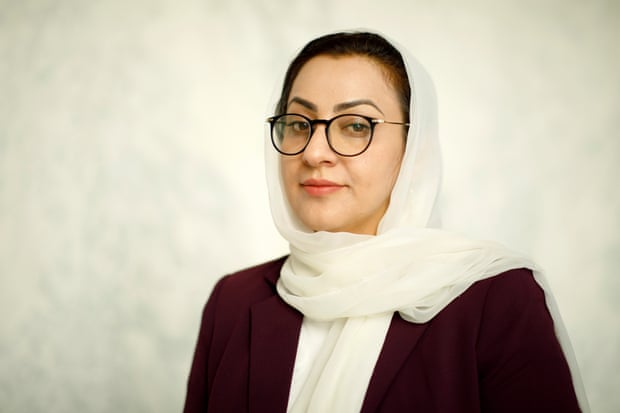
Naheed Farid, one of the youngest Afghan parliamentarians when she was elected at 27, describes her work with the Six as a revival of her sense of mission after leaving Kabul for the US last year. “I had lost all hope after the Taliban took over. But watching Afghan women and youth march through Kabul, Herat, Mazar-i-Sharif and Jalalabad demanding their rights gave me the strength to rekindle my advocacy,” she says.
Douglas says there is a risk that without the efforts of these women and others like them, the international focus could drift away from Afghanistan. “My assessment is that they are extremely courageous because they want to keep the dynamism and visibility and issue of Afghan women high on the agenda. And given the situation in Ukraine, they are very concerned that the international community will forget that.”
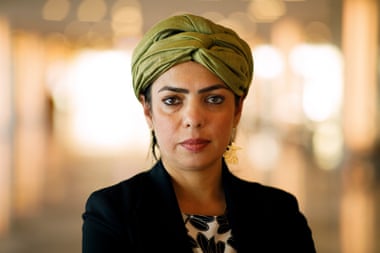
One Member State she highlights for its continued commitment to working with the group is Ireland. Their outgoing Ambassador to the United Nations, Geraldine Byrne Nason, says: “With my team, I meet with them about monthly. We report on the latest developments in Afghanistan as they affect ordinary people and women in particular. I keep them informed of developments at the United Nations and in particular at the Security Council. I solicit your views on topical issues related to the Council’s work on Afghanistan. We share how we can use our respective influences to make a difference.”
“Discussions and decisions about peace and security in a midtown Manhattan conference room can only be effective if they are supported by the voices of those directly affected,” Byrne says.
Sign up for Her Stage to hear direct from incredible women in the developing world on the issues they care about, delivered to your inbox monthly:
Sign up for Her Stage – please check your spam folder for the confirmation email